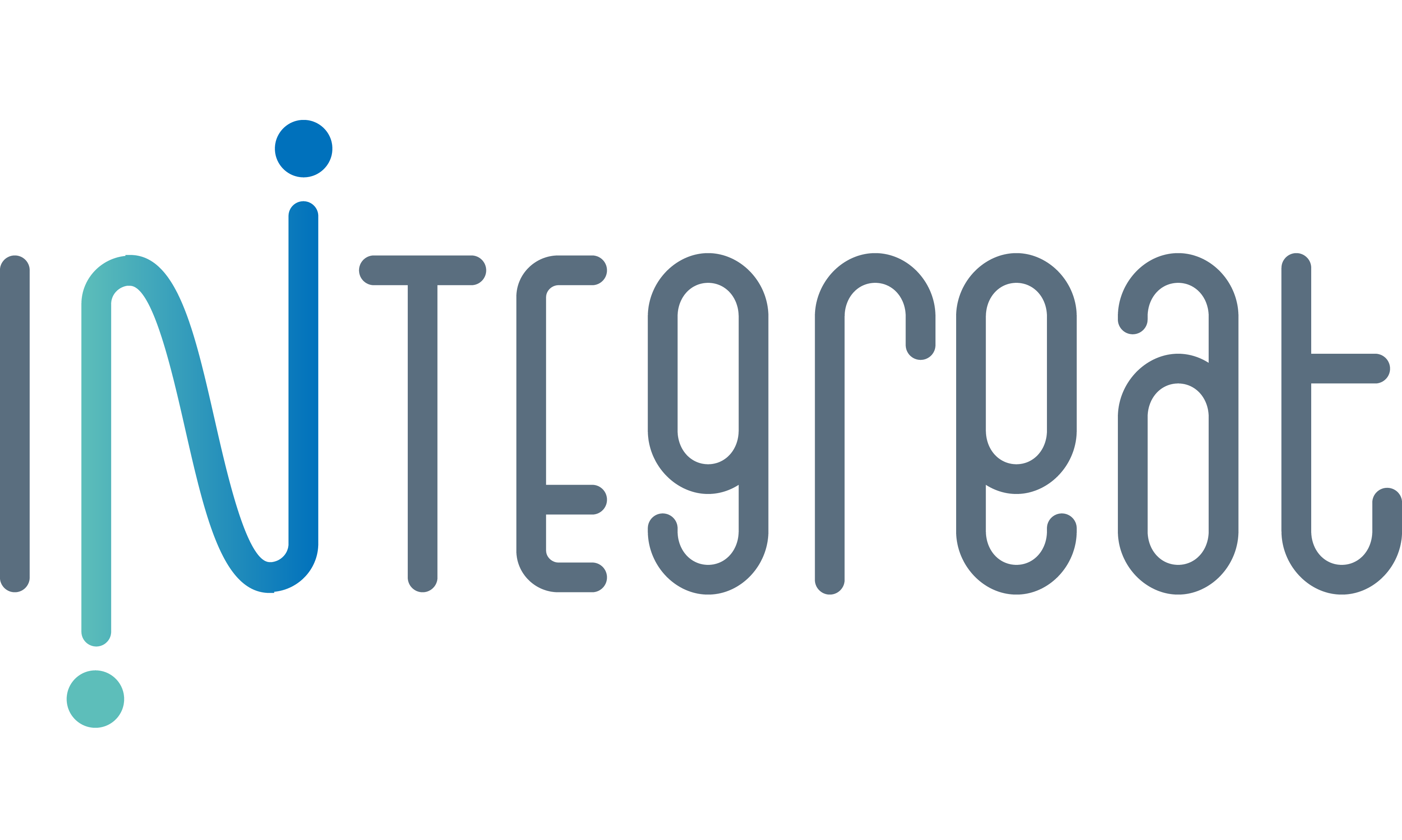Written by Andri Kyriacou – SYNTHESIS Center for Research and Education
This article reflects only the author’s views and the Commission is not responsible for any use that may be made of the information contained therein.
Cyprus is among the European countries that receive a large number of migrant people due to its geographical position, since even though it politically belongs to Europe, geographically is in close proximity with the Middle East, Western Asia, and Africa. According to the UN, in 2017 189,000 migrants were living in the Greek part of Cyprus, making up for the 16% of the country’s population. In 2021, Cyprus finalised a National Plan for the Integration of Migrants. However, there is still a lack of effective integration policies.
The successive arrivals in the Republic of Cyprus have created the need for legislation with long-term objectives, which will allow for the orderly integration of migrants by promoting:
- Tolerance of all forms of diversity;
- Prevention of racism;
- The creation of an environment of peaceful coexistence between the beneficiaries and the Cypriot society;
- The reduction of social exclusion.
However, only recently, in 2021 Cyprus finalised a comprehensive National Plan for the Integration of Migrants to serve as a reference document for state integration policies, as well as to delineate the overall priorities the state would seek to address. The plan also sets the parameters for project financing for the new EU programming period, 2021-2027.
The National Plan was developed following an open consultation process with migration and integration practitioners, civil society organisations, government agencies and services, national authorities and migrants themselves.
Following that process, eight priority axes for integration were formulated:
- Interventions related to the recognition and certification of migrants’ knowledge and skills;
- Interventions related to the training of migrant people and other target groups;
- interventions aimed at raising awareness among migrant people, host societies and those involved in the integration process;
- Interventions that facilitate their access to the welfare state;
- Protection of the rights of vulnerable groups with migrant and refugee background;
- Interventions to support the integration process through ongoing counselling;
- Development of supportive tools for integration;
- Establishment of a management mechanism.
The international Migrant Integration Policy Index (MIPEX) points to the fact that the country’s approach to integration is categorized as “immigration without legislation” since the legislations and strategies formed and implemented do not reflect on Cyprus’ reality as a country of immigration. The plan and subsequent policies do little in the area of integration. Thus, after the implementation of the plan, many gaps reveal the urgency of a more efficient measures. For instance, lack of information about the profiles arriving, lack of a legal system for integration in line with the EU’s 2030 objectives and the multicultural integration model that the majority of Western countries will follow in the 2050 horizon, lack of high quality training for the administrative and managerial staff who come into contact with migrants, refugees and asylum seekers, and lack of a support mechanisms.
Non-governmental initiatives
The lack of effective integration policies is covered to some extent by the initiative of private entities such as NGO’s, clubs, universities, and other organizations that support migrants, refugees and asylum seekers. Some examples are:
- UNHCR Cyprus has a funding-based agreement with two NGOs: the Cyprus Refugee Council (CyRC) and SOS Children’s Villages, which provide free legal and social advice, and address the protection needs of asylum-seekers arriving from the North part of the island, respectively. CyRC has also developed the initiative Help Refugees Work.
- Cyprus Red Cross Society provides humanitarian assistance and support as well as medical, psychosocial and other services.
- Caritas Cyprus offers legal and social advice, counselling and assistance.
- “Hope for Children” CRC Policy Centre works for the promotion and protection of the rights of children. Together with the State Social Welfare Services, they run a reception centre for asylum-seeking unaccompanied children in Nicosia.
- OASIS is a voluntary community group in Larnaca that offers food baskets on Mondays and provide Greek language and English language classes for free. In addition, they have a Social Café meeting every Wednesday morning.
- Kofinou We Care supports the community of the Kofinou Reception Center with different activities.
- mi-HUB (Migrant Information Centers) help migrants, asylum-seekers and refugees to feel protected, safe, informed and supported.
- Agapi is a voluntary organization in Limassol that supports people in need, including refugees and asylum-seekers in Cyprus. Agapi hosts a Migrant Centre and a Charity Shop and provide food and clothes to families.
- KISA offers free information, support, advocacy and mediation services to migrants and refugees and victims of trafficking and racism.
Moreover, local NGOs and other organisations are implementing projects that are focused on the social integration of asylum-seekers and refugees. Some of these organisations have been providing courses to asylum-seekers and refugees (Greek language courses, ICT education, courses for the devotement of soft skills).
These initiatives are of outermost importance for the integration of migrants, however, they are not enough. As numbers of migrants and TCNs continue to increase, private initiatives appear to be inadequate to replace the lack of integration policies from the Cypriot Government.




